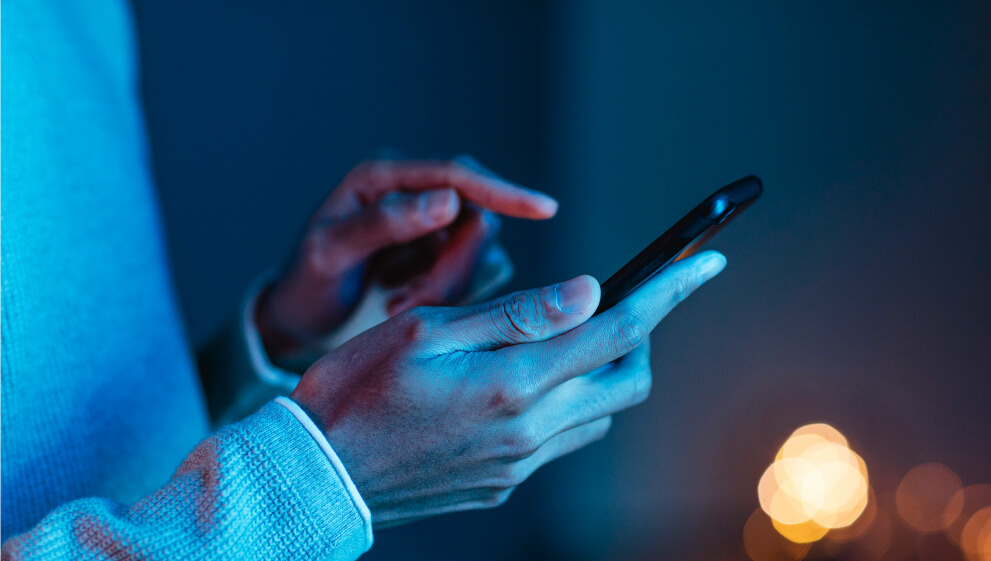Restricted settings are a vital feature in Android’s ongoing battle against cyber threats. These settings are designed to limit the access that apps have to sensitive Android security features and personal data on your device. By controlling which apps can access specific system resources, restricted settings help shield your smartphone from malicious activities.
However, despite these safeguards, some malicious apps manage to bypass these restrictions, posing risks to your device’s security and your personal information. They might disguise themselves as legitimate apps and trick users to gain unauthorized access.
This cat-and-mouse game between security measures and cyber threats highlights the need for continuous updates and vigilant protection to safeguard your device. This article covers everything you need to know about the new safety feature in Android 13 and 14.
What’s New in Android 13 and 14
Android 13 and 14 have introduced several key updates to restricted settings, reflecting Google’s commitment to enhancing device security. Here’s a closer look at the new security features in Android in each version:
Android 13: Enhanced Permission Controls
Android 13 builds on previous versions by refining its permission controls to offer more granular management. Key updates include:
-
- Background App Permissions: Android 13 restricts background apps from accessing sensitive data when not actively in use. This change aims to reduce the risk of apps accessing your information without your knowledge.
-
- Sensor Access Limitations: New restrictions prevent apps from accessing device sensors, such as cameras and microphones, without explicit user consent. This measure helps protect against unauthorized monitoring and data collection.
Android 14: Advanced Protection Features
Building on Android 13’s enhancements, Android 14 introduces additional security measures:
-
- Enhanced Permission Management: Android 14 allows users to customize app permissions more precisely. You can now restrict access to specific Android security features and data on a per-app basis, making it easier to manage which apps can access sensitive information.
-
- System-Level Protections: Android 14 strengthens system-level defenses through improved detection of suspicious behavior and automatic alerts for potential security risks.
-
- Imagine downloading an app for camera filters that requests access to your contacts, location, and microphone. Without restricted settings, this app could misuse your data. With Android 13 and 14’s advanced restrictions, you can deny unnecessary permissions and control app behavior, such as blocking microphone access to prevent unauthorized audio recording, reducing the risk of data breaches and surveillance.
What are Restricted Settings?
Restricted settings in Android are designed to limit the access that apps have to certain system security features in Android and user data. Here’s a closer look at what restricted settings are and why they matter:
-
- Permission Controls: Restricted settings let you choose which apps can use features like your camera, microphone, or location. This keeps apps from accessing more than they need and helps protect your data.
-
- Background App Restrictions: These settings block apps from accessing your data or running in the background when you’re not using them. This keeps your data safe and saves battery life.
-
- Sensor Access Management: You can control which apps use your device’s sensors, like the camera or microphone. This prevents apps from spying on you.
-
- Network Access Controls: These settings manage how apps use your internet connection. You can stop apps from sending or receiving data without your permission, keeping your personal information secure.
How Android Malware Bypasses Restricted Settings
Malicious applications are constantly evolving, and so are their methods for bypassing Android’s restricted settings. Here are some common techniques they use:
- Obfuscation and Code Encryption: Malware creators hide their code’s true purpose by scrambling or encrypting it, making it tough for security systems to spot their malicious activities.
- Privilege Escalation: Some malware aims to gain higher access levels by exploiting system vulnerabilities, allowing it to bypass security settings and evade detection.
- Fake Permissions and Deceptive Requests: Malicious apps trick users into granting unnecessary permissions by disguising their real intentions, making it easier for the malware to operate.
- Use of Legitimate Services: To avoid detection, malware disguises its activity as normal use of legitimate services or APIs, slipping past security measures designed to catch suspicious behavior.
- Social Engineering and Phishing: Malware often uses tricks like phishing or fake updates to convince users to disable security features in Android or grant unnecessary permissions, compromising device security.
The Role of Antivirus Apps in Enhancing Security
Even with the robust security features in Android, antivirus apps remain a crucial layer of protection for your device. Here’s why antivirus apps are essential:
- Advanced Threat Detection: They use smart algorithms to catch threats that might slip past Android’s built-in protection, spotting malicious behavior and potential vulnerabilities.
- Real-Time Scanning: They scan apps and files as you use them, catching phone virus scan threats before they can do damage and adding an extra layer of security.
- Anti-Phishing Protection: The best antivirus app for Android like Quick Heal guards against phishing emails and deceptive links, helping you avoid scams that Android alone might miss.
- Regular Updates: With frequent database updates, these apps stay ahead of new threats, ensuring your device is protected from the latest malware and ransomware.
- If you’re wondering how to find a virus on mobile, start by using a reliable antivirus like Quick Heal Total Security to perform a thorough scan of your device.
How Quick Heal Features Protect Your Android Device
Quick Heal provides a suite of security features in Android designed to address the specific challenges of today’s cyber threats. Here’s how these Android security features help protect your device:
- Threat Protection: Quickly scans all your apps, files, and folders to detect and neutralize threats.
- Secure Wi-Fi Network: Check your Wi-Fi connection to ensure it’s safe before you connect.
- SafePe: Secures your financial transactions on payment apps, online shopping, and banking.
- YouTube Supervision: Monitors and controls YouTube usage on your device.
- App-Lock: Adds extra security by locking apps like WhatsApp, Facebook, and Instagram with a secure PIN.
- Smart Parenting: Blocks inappropriate content, sets time limits, and helps manage your kids’ device use.
Quick Heal’s Advanced Protection for Android 13 and 14
As Android 13 and 14 evolve, Quick Heal adapts its security measures to stay ahead of new threats. The company regularly updates its threat database with the latest definitions to detect and neutralize emerging malware.
Quick Heal also employs advanced behavioral analysis to catch new threats based on their actions, not just known signatures. Leveraging cloud-based threat intelligence ensures real-time updates and swift responses to global threats. Additionally, Quick Heal continuously tests and updates its software to maintain compatibility with the latest Android versions, ensuring seamless and reliable protection.
Get Quick Heal Total Security for Ultimate Peace of Mind!
While Android 13 and 14 offer advanced security features, they alone cannot guarantee complete protection against all cyber threats. Malicious apps continue to evolve, finding ways to bypass even the most stringent restricted settings.
That’s where Quick Heal Total Security comes in. With its comprehensive suite of features—such as real-time scanning, app locking, anti-theft protection, and web security—Quick Heal Total Security ensures robust protection for your Android device. Price at Rs. 1591, Quick Heal Total Security safeguards your personal information and defends against the latest threats.
Don’t leave your mobile security to chance; enhance it with Quick Heal Total Security for peace of mind and superior protection!

